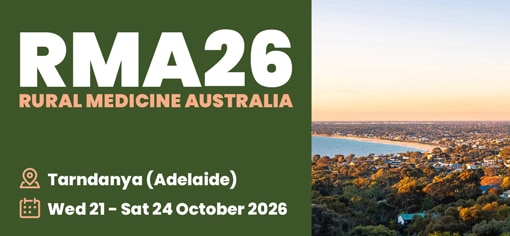Speakers
RMA25 assembles Australia’s leading rural healthcare experts, innovators, and change-makers to share their frontline experiences and insights.
Through plenary presentations and dynamic discussions, you will learn from experienced rural practitioners and leaders, gaining practical knowledge to enhance your medical career in rural and remote communities.
RMA26 assembles Australia’s leading rural healthcare experts, innovators, and change-makers to share their frontline experiences and insights.
Through plenary presentations and dynamic discussions, you will learn from experienced rural practitioners and leaders, gaining practical knowledge to enhance your medical career in rural and remote communities.
Speaker announcements will be coming soon.
Keynote speakers
In order of appearance in the program.
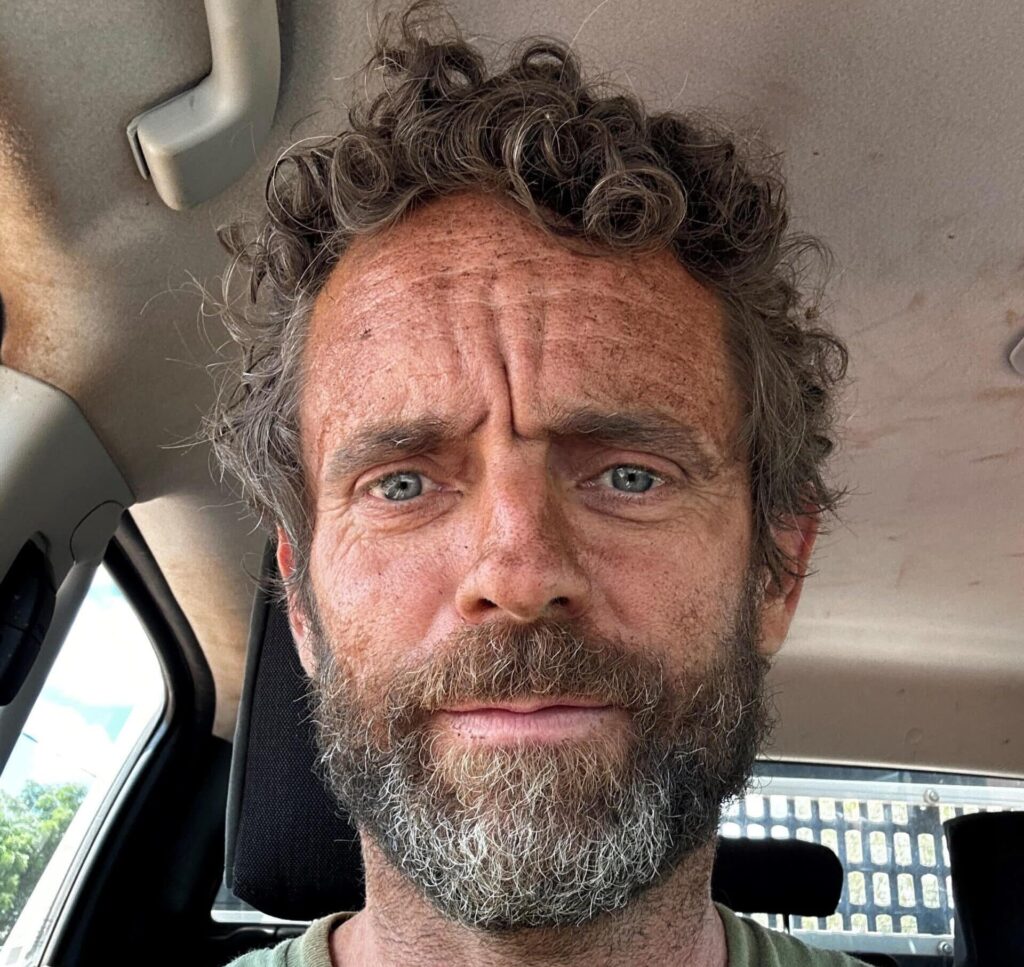
Dr Simon Quilty
Simon, after a day of mud-brick making in Tennant Creek
Wilya Janta
Thursday 23 October
Dr Simon Quilty
After decades treating the downstream effects of poverty and heat in remote NT clinics, Simon came to a blazing realisation: it’s not just the patient, it’s the home. This epiphany for Simon and his best mate Norman Frank Jupurrurla sparked Wilya Janta, a housing innovation project rooted in Aboriginal knowledge, community design, and the unshakable belief that health begins with culturally safe, climate-proof homes.
A long-time NT remote doctor with a background in engineering and health policy, Simon now splits his time between writing grants, wrangling funding bodies, and championing a future where doctors don’t just treat illness—they help build the damn houses.
At RMA '25, he’ll be explaining Doctors for Bricks and how RDAA helped kick it off, a rogue movement to rally the medical profession around housing justice. When he’s not founding campaigns or fixing the spacebar on hislaptop, you’ll find Simon listening to Warumungu Elders, writing papers about heat and mortality, or chasing a mud brick machine through the desert.
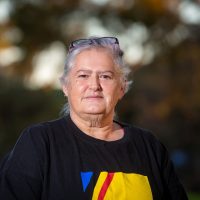
Dr Christine Jeffries-Stokes AM
Heavy Metal Tooth Fairy Project
Thursday 23 October
Dr Christine Jeffries-Stokes AM
Dr Jeffries-Stokes AM is a Paediatrician who has been working in clinical practice and research in the Goldfields of Western Australia for more than 30 years. She has been working with the Rural Clinical School of Western Australia since it began. She has a PhD and a Masters in Public Health. She is Chief Investigator for the Western Desert Kidney Health Project, which has demonstrated new and innovative methods of community engagement. She has a strong record of collaborative research with the Aboriginal community and has established strong community networks. In 2024 she was made a Member of the Order of Australia.
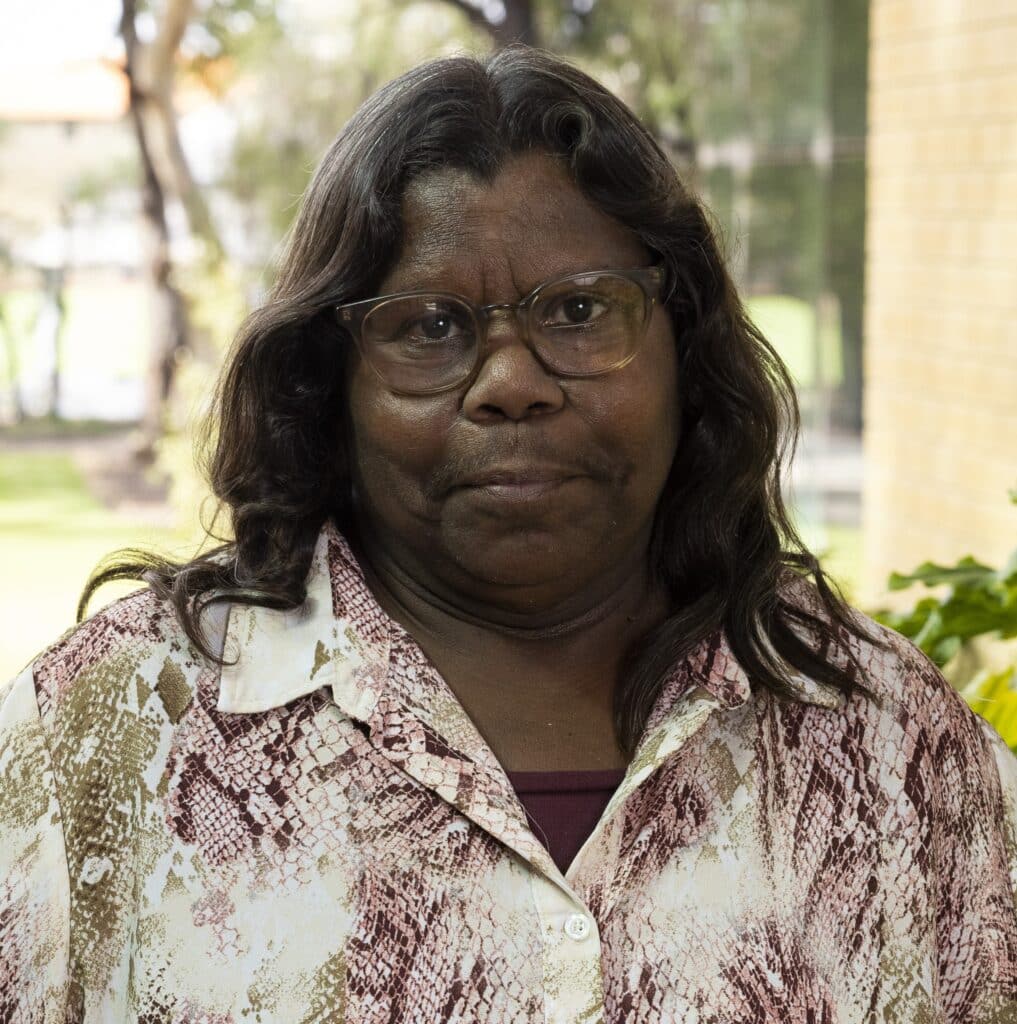
Annette Stokes AM
Heavy Metal Tooth Fairy Project
Thursday 23 October
Annette Stokes AM
Annette is a senior Wongutha and Ngadju woman of the Goldfields. Her father’s people are from the northern Goldfield and her mother’s people are from the southern Goldfield which made it easy for her to be able to go freely across the Goldfield. She spent Her early life around the Goldfields with her family, learning the language and culture of her people. She has a background in early childhood education and completed Aboriginal health worker training. She have been involved in several major health and research projects in the Goldfields region and her contribution to medicine was recognised in 2005 when she was awarded the Fiona Stanley medal and in 2017 when she was made a Member of the Order of Australia. In 2024 Annette was awarded an Honorary Doctor of Science by the University of Western Australia. Annette has combined all her amazing talents as a chief investigator for the Western Desert Kidney Health Project and the Heavy Metal Tooth Fairy Project.
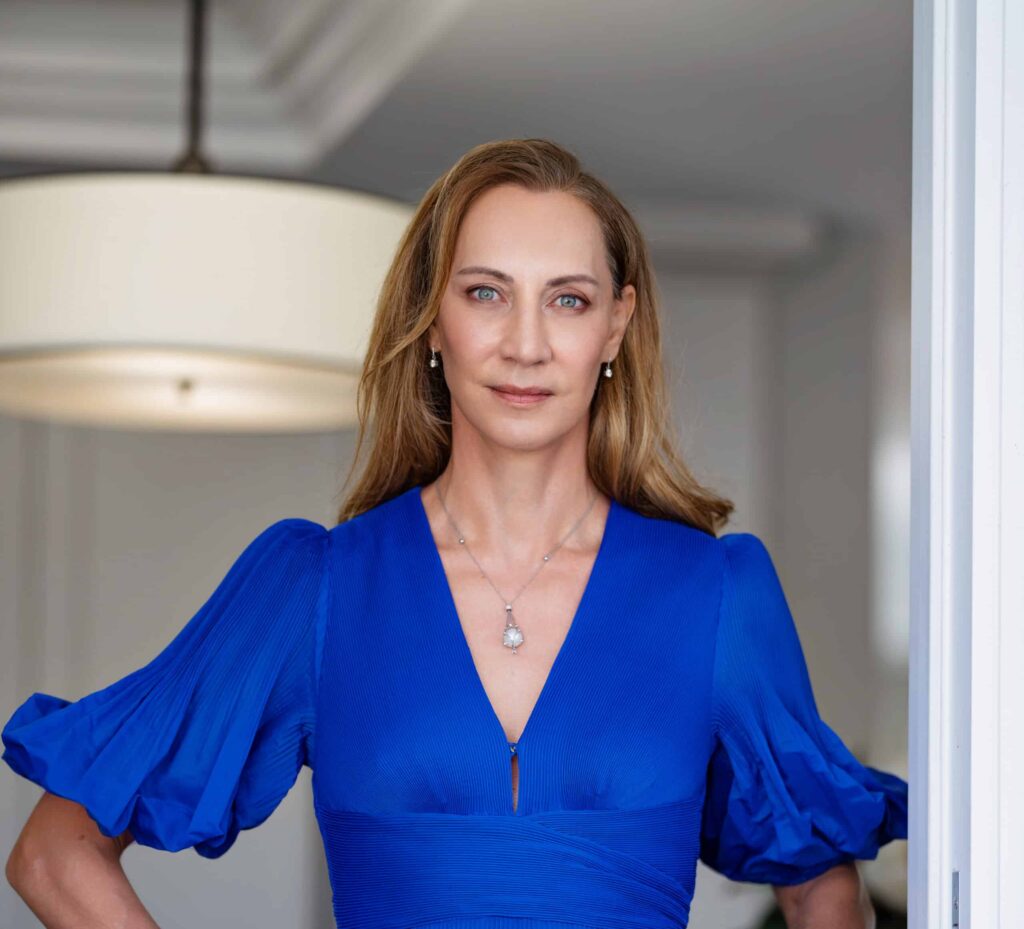
Dr. Tracy Westerman AM
Trailblazer in Aboriginal Mental Health
We are failing our most vulnerable communities: why Close The Gap is fundamentally flawed
Friday 24 October
Dr. Tracy Westerman AM
Dr. Tracy Westerman AM is a pioneering psychologist and Nyamal woman from Western Australia's Pilbara region and a trailblazer in Aboriginal mental health and suicide prevention. As the first Aboriginal person to earn a master's and PhD in Clinical Psychology, she founded Indigenous Psychological Services in 1998 without any government funding and has built her career independently while transforming the field.
She has delivered 80+ keynotes nationally and internationally, and trained more than 50,000 practitioners in her culturally informed assessments and treatment programs.
Her groundbreaking research has led to multiple Australian firsts including the development of the Westerman Aboriginal Symptom Checklist, the only culturally and clinically validated tests for at-risk Indigenous youth and adults; published Australia's first national database of Indigenous mental health and suicide behaviours prevalence; created the country's first cultural competency tests and whole-of-community suicide prevention programs that achieved risk reduction across multiple communities, recognised by the Canadian Government as best practice.
Following 13 Aboriginal youth suicides in the Kimberley in 2018, Dr. Westerman established the Dr Tracy Westerman Indigenous psychology scholarship program with a $50,000 donation and launched her name charity in 2020; The Westerman Jilya Institute for Indigenous Mental Health, which has supported 64, Indigenous psychology students to graduation; has a dedicated research arm and last year launched the first National Indigenous Psychology Treatment Arm. She volunteers in Jilya and has raised over $8 million in funding. Her annual Jilya Concert has raised over $600,000, attracting celebrity support and generating significant media attention.
Recognised with an Order of Australia (AM) in 2021 and named the 2018 Australian of the Year (WA), she recently published her award winning memoir, "Jilya," documenting her transformative work in psychology.
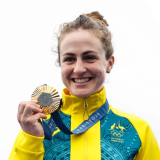
Grace Brown OAM
Olympic Champion
Saturday 25 October
Grace Brown
Grace Brown, born in Camperdown, Victoria, is a distinguished Australian road cyclist renowned for her prowess in time trials and road races. Grace was initially involved in cross-country and middle-to-long-distance running, but after facing one too many injuries she transitioned to cycling in 2015, quickly ascending the ranks of the sport.
In 2018, Grace's talent was recognised when she received the Amy Gillett Cycling Scholarship, leading to her professional debut with the British UCI team, Wiggle High5. She later joined Mitchelton-Scott before signing with the French Women's WorldTeam, FDJ-Suez at the beginning of 2022.
Grace's career is highlighted by significant achievements - some notable mentions are;
- Gold at the 2022 Commonwealth Games in Birmingham in the women's road time trial.
- Victory at Liège–Bastogne–Liège Femmes in 2024
- Gold at the 2024 Paris Olympics
- Gold at the 2024 World Championships in the Time Trial
Grace's Olympic triumph was particularly poignant, as she had narrowly missed a podium finish at the Tokyo 2020 Olympics, placing fourth in the time trial. Her relentless determination and resilience culminated in her gold medal performance in Paris, where she dominated the 32.4km course, finishing 91 seconds ahead of her closest competitor.
Post-Olympics, Grace went on to win the Individual Time Trial at the 2024 Road Cycling World Championships, becoming the first male or female to win Olympic Gold and the World Championships in the same year.
In June 2024, Grace announced her intention to retire from professional cycling at the end of the season, expressing a desire to return to her life in Australia. Her career stands as a testament to her dedication, resilience, and exceptional talent, inspiring athletes worldwide.

Professor Jenny May AM
National Rural Health Commissioner
Saturday 25 October
Professor Jenny May AM
Professor Jenny May AM has been passionate about rural health since her first rural medical student placement in 1980 and then as a trainee rural doctor at Tamworth Hospital in 1985.
Professor May’s vast and extensive knowledge working across Australia and internationally has provided multiple opportunities to contribute through research on health workforce matters. She now calls Tamworth home and has had the incredible privilege to live and work with her doctor husband and family in a number of remote and regional locations.
Professor May holds fellowships with RACGP and ACRRM and has extensive experience in clinical practice, research, education and rural health advocacy. In 2016 she was awarded a Member of the Order of Australia (AM) for significant service to community health in rural and regional areas, as a general practitioner, member of professional medical groups, and as an educator.
With over 35 years of working and supporting rural, regional and remote health care, her appointment as the third National Rural Health Commissioner has been widely welcomed.
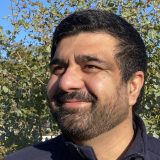
Akram Azimi
Advocate for Social Justice and Reconciliation
Healing the Distance: Spatial Justice and Leadership in Remote & Rural Healthcare
Saturday 25 October
Akram Azimi
Akram’s story is one of astronomical good luck. Yes, he was born in war-torn Afghanistan. But he was born to a university educated woman in a family with means. Yes, he had to flee from life-threatening danger. But his family won something of a global lottery: they received a visa for Australia in 1999. Yes, his family came to Australia with pretty much the clothes on their backs. But his generous neighbours rallied around his family. They gave Akram’s family the material and social resources necessary to grow roots in Australia.
Yes, he struggled at school in Australia. But his amazing school teachers inspired him with a love of learning. With their help, Akram overcame his disadvantaged background and became his school’s top academic student and school captain. Yes, he lived in a low socioeconomic household in Australia. But he became the beneficiary of many scholarships. Due to all this good luck, Akram was able to take up every opportunity of doing community service and study a triple major at university: sociology (hons), law (hons) and science. In particular, during his time as an undergraduate, Akram used his leadership and pastoral skills to mentor young people in remote and rural Western Australia. In 2011, he co-founded a student-run initiative 'I am the Other' to foster friendships between Indigenous and non-Indigenous students on university campus. Akram also mentored a Special Olympics athlete to help raise community awareness of disability issues.
In 2013, Akram became the Young Australian of the Year. Akram used this platform to advocate for reconciliation and the eradication of extreme poverty and polio. In 2013, Akram gave over 1000 in person speeches to people all over Australia; Akram travelled to, and spoke in, just about every small town in the South-West of Western Australia, most of the towns in the Wheatbelt and many towns in rural New South Wales. Akram’s community advocacy helped contribute to the Australian Government significantly increasing its funding allocation for polio eradication. Between 2015 to 2017, Akram was Australia's Commonwealth National Youth Delegate. He is currently finishing his PhD in sociology, lecturing in corporate law at Murdoch University and teaching philosophy at Scotch College as the Scholar in Residence.
Drawing on stories from his extensive travels and grassroots advocacy across rural and remote Western Australia, Akram will speak on leadership, advocacy and ‘spatial justice’ in the context of healthcare.
